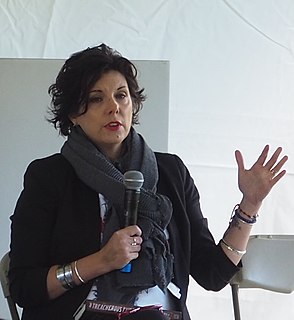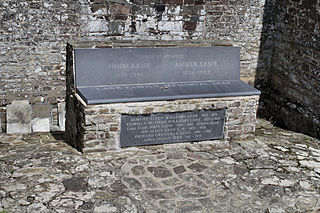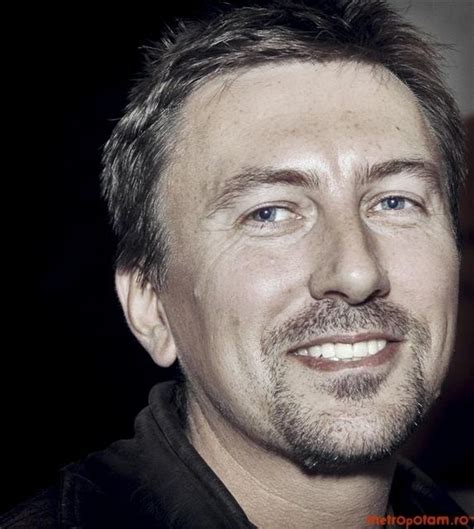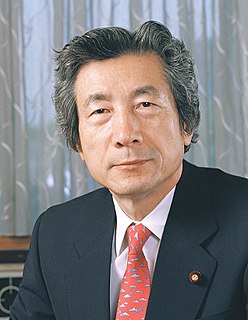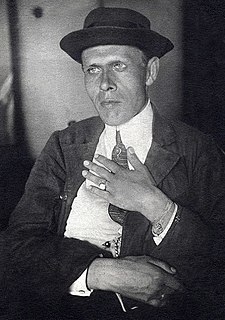A Quote by Simon Schama
From 1789, perhaps even before that, it had been the willingness of politicians to exploit either the threat or the fact of violence that had given them the power to challenge constituted authority. Bloodshed was not the unfortunate by product of revolution, it was the source of energy.
Related Quotes
My final coaching point of the day: It's my contention that in any given moment one lives one's life in one of two ways, either under a threat or for a challenge. In performing when it counts, it's one or the other, under a threat or for a challenge. If, as Einstein says, "Imagination will take you everywhere," then living your life under a threat will take you nowhere.
Old Testament Israel had some foundational pillars of faith. They were true and robust and God given. The trouble was that people had come to trust in them merely by repeating them, without paying any attention to the ethical implications of what their faith should mean in how they lived. They believed God had given them their land. He had. But they had not lived in it in either gratitude or obedience. They had not fulfilled any of the conditions that Deuteronomy had made so clear.
The entire force of the Conciliar revolt comes from the fact that it has apparently been imposed by the authority of the Church. How many bishops, priests, religious, and laymen, would have swallowed the lies of the heretics if they had not believed themselves bound to do so by the voice of Christ's Vicar on earth? Questioning the authority of these men renders their revolution of doubtful authenticity.
I exclusively attended public school... And I can honestly say that on the day of my graduation, if you had given me a pop quiz on history, science, or math, I would have in no way been able to pass it - despite the fact that I completely understood it at the time that it had been 'taught' to me, and had even made a good 'grade' on it.
When experts say nuclear power generation is safe and doesn't cost much and this is the only way to go if we want to stop relying on coal, well, we believe them. But they've been lying to us for years. And the point is, we've never really known anything about nuclear power generation. We had little interest in it before 3/11, and we certainly had no idea how difficult it is to control nuclear energy.
There lived a redheaded man who had no eyes or ears. He didn’t have hair either, so he was called a redhead arbitrarily. He couldn’t talk because he had no mouth. He had no nose either. He didn’t even have arms or legs. He had no stomach, he had no back, he had no spine, and he had no innards at all. He didn’t have anything. So we don’t even know who we’re talking about. It’s better that we don’t talk about him any more.

